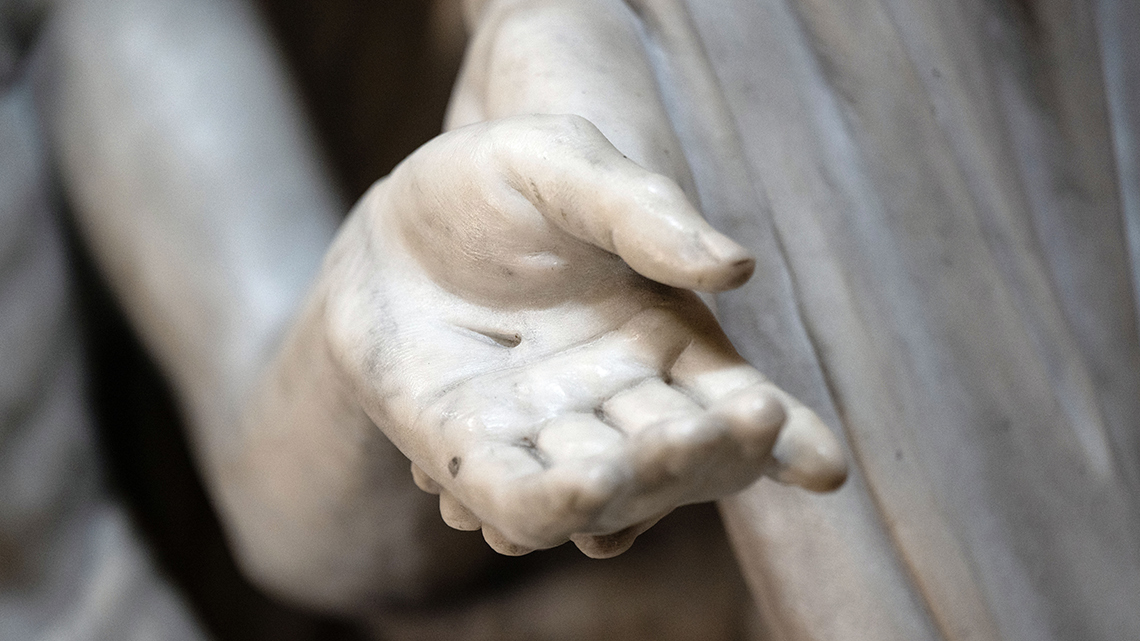
Bishop Stephen Wright, a member of the Bishops’ Conference’s Department for Social Justice, has issued a statement to mark the 75th anniversary of the United Nations Universal Declaration of Human Rights (UDHR):
“On this 75th anniversary of the ratification of the Universal Declaration of Human Rights (UDHR) in Paris in 1948, we commemorate the significant moral and legal achievement of the enshrinement of natural human rights on a universal basis. It is important to recognise the Christian moral foundations of all such rights and remember the urgent need to protect human rights from violation. As the Catholic Bishops’ Conference of England and Wales concluded in Human Rights and the Catholic Church, released to commemorate the 50th anniversary of the UDHR in 1998: ‘It can be said, finally, that the promotion and safeguarding of human rights is a religious obligation on all Catholics’.
“Contrary to the common perception of human rights as a secular project of the Enlightenment, the development of modern human rights law has been historically rooted in Christian moral principles, grounded in the Genesis account of the equal creation of man and woman in the image and likeness of God. Indeed, from the beginning, the Christian community has cherished our fundamental human equality before God and the law. As St Paul wrote in his Letter to the Galatians, “There is neither Jew nor Gentile, neither slave nor free, nor is there male and female, for you are all one in Jesus Christ” (Galatians 3:28).
“Human rights are not simply legal constructs but, in their true sense, are the expression of the fundamental equality of all human beings before God simply by virtue of our common humanity as children of God. They establish the minimum moral standards necessary in a free society for peace and the flourishing of people, including the social and economic rights set out in the Universal Declaration such as freedom of religion, freedom to marry and the right to vote.
“Rights come with related responsibilities which do not always lie with the Government. As well as giving thanks for the greater awareness of human rights that exist around the world, we also give thanks for all those organisations and individuals who ensure that people can live in dignity as children of God.
“Children have rights too and, at this time of Advent, we are especially aware of, and thankful for, all the families whose responsibility it is to ensure that children are nurtured in an environment where their rights are respected.
“The Church has a longstanding commitment to defending and promoting these human rights. Sadly, there are many areas of our society where such rights remain threatened and violated, sometimes in the name of creating ‘false rights’ which undermine true human rights. For example, the right to life is undermined by the practice of abortion, including up to birth in the case of disability. The right to freedom of opinion and expression is eroded by restrictions on prayer and peaceful protest near abortion clinics. The right to leave and return to one’s own country is undermined by the persecution of migrants and refugees. And migrants often feel obliged to leave their own homeland in the first place because their rights are under threat.
“The protection of these, and all other human rights, represents our moral duty as a human community, bound by our shared creation in the image and likeness of God.”
The UDHR was adopted by the newly-established United Nations General Assembly on 10 December 1948, after the Second World War.